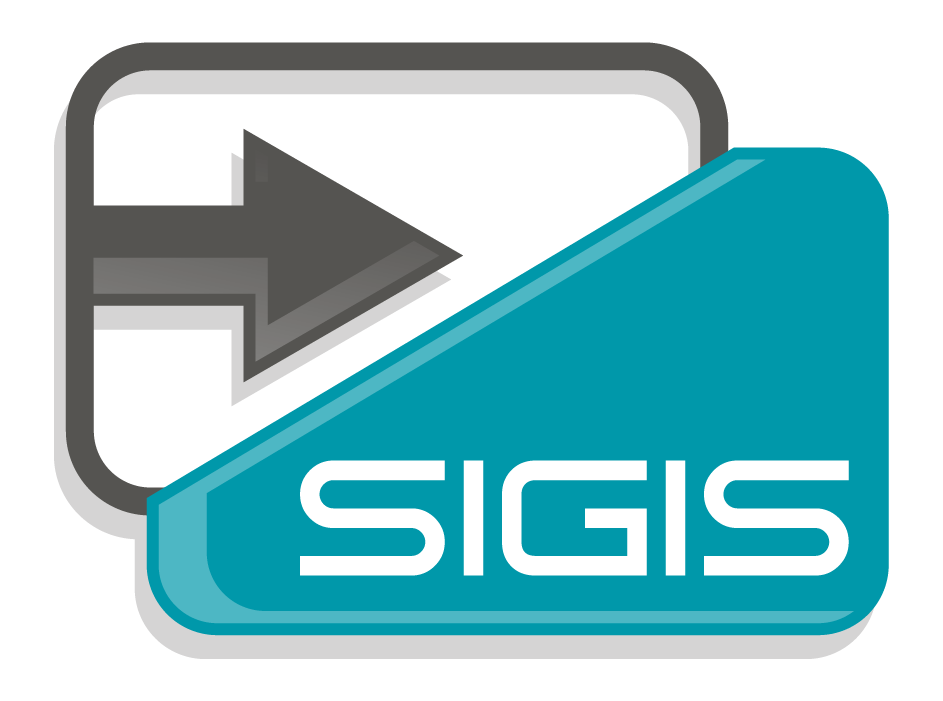Corporate Background & Mission
Who We Are
The Special Interest Group for IIAS Standards (SIGIS) is a non-profit, membership corporation, launched in 2007, that is responsible for the development and management of an industry standard to meet IRS requirements for operating an inventory information approval system (an "IIAS"). This standard enables Flexible Spending Account (FSA), Health Reimbursement Arrangement (HRA) and Health Saving Account (HSA) debit cards to be accepted at participating merchants by communicating the dollar amount of the eligible health care items to their benefit plan administrator for approval. The IIAS technical standard, certification process, and Eligible Product List were launched in 2008, allowing merchants to meet the new IRS requirements. In 2009, the 90% Rule was introduced to enable drug stores and pharmacies to self-register if they met the IRS requirement that 90% of a store’s gross receipts consist of items which qualify as medical expenses.
The SIGIS IIAS standards enable a broad range of participants in health benefit payment card transactions to implement consistent systems and processes for transaction processing and data retention. These companies include retailers, acquirer processors, payment card networks, issuer processors, third-party benefit plan administrators and manufacturers.
Based in California, SIGIS provides a range of services to its membership with a focus on standards-based industry solutions to support merchant acceptance of health benefit cards. SIGIS seeks to be a resource to its members on the changing regulatory landscape through communications, educational outreach and member support programs.
For more background information download a copy of the SIGIS Backgrounder.
SIGIS Mission
To advance the interests and objectives of SIGIS members, by fostering the adoption and growth of common standards meeting legislative and regulatory requirements to facilitate acceptance of health benefit payment cards.
SIGIS Services
SIGIS offers a number of services to its membership. These include:
IIAS Certification |
IIAS Merchant Self-Certification – SIGIS offers a certification service for merchants that are interested in supporting an inventory information approval system. Third-Party Servicer and TPS Merchant Certification – Third-Party Servicers provide point-of-sale processing services to medium and smaller merchants. Once a Third-Party Servicer completes its IIAS Self-Certification, the Servicer’s merchant clients may complete a simplified IIAS certification form. Network Certification - Card Networks offer important services to Acquirers and their merchant clients by their participation in SIGIS through the authorization of FSA/HRA debit card transactions and ensuring they meet the IIAS requirements. SIGIS requires any network that uses and supports the SIGIS Technical Specification to process IIAS transactions to become certified. |
90% Rule Registration |
90% Rule Merchant Self-Registration – For drug stores and pharmacies that meet the IRS criteria as a store that has 90% of gross receipts from prescriptions and other eligible medical expenses, that are not using an inventory information approval system (IIAS) SIGIS offers a merchant registration program. SIGIS supports Issuer Processors and Third-Party Administrator providing 90% Rule registration consolidation. |
Eligible Product List |
Eligible Product List – SIGIS provides a list of eligible over-the-counter medical items that participating IIAS merchants use to identify eligible items at consumer checkout. Benefit plan administrators may access and use the list to assist with manual claim approval. In addition, SIGIS provides real-time backend item lookup for consumer based mobile account applications.
|
Related FAQs
SIGIS is a not-for-profit organization that was formed in 2007 to establish and manage an industry standard to support requirements published by the Internal Revenue Service (IRS) for the processing of Flexible Spending Account (FSA) and Health Reimbursement Arrangement (HRA) debit card transactions. The IRS requires merchants that sell prescriptions and/or over-the-counter medical items either: 1) support an “inventory information approval system” (IIAS) or 2) qualify as a “90% Rule” pharmacy or drug store. SIGIS manages voluntary industry standards and services to enable the usage of FSA and HRA debit cards in accordance with IRS requirements.
SIGIS is a membership company that has a broad range of participants, including merchants, card issuers, third-party plan administrators (TPAs), merchant acquirers, processors, financial institutions, trade associations groups, software vendors, and payment card networks.
